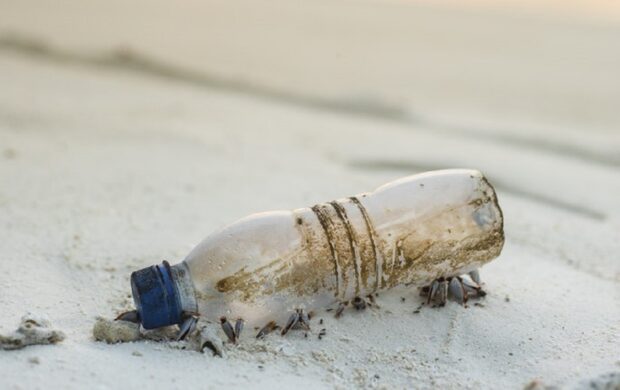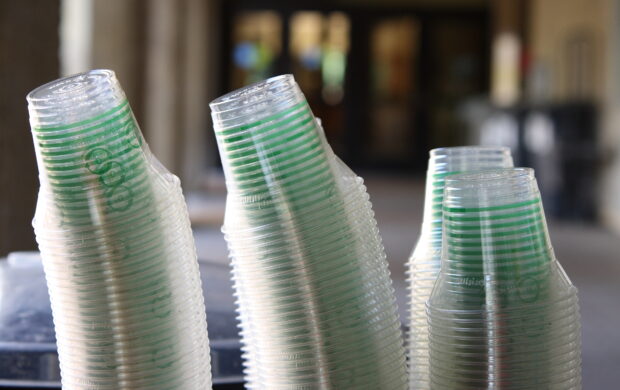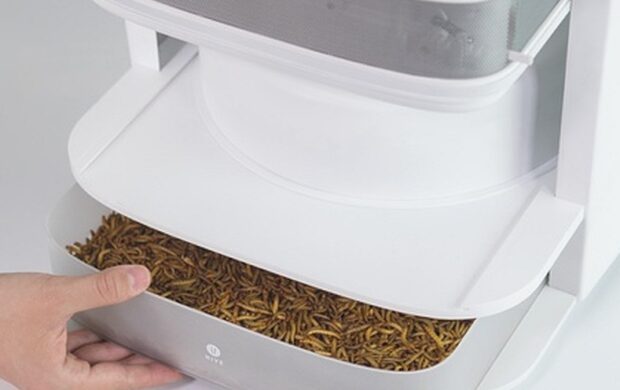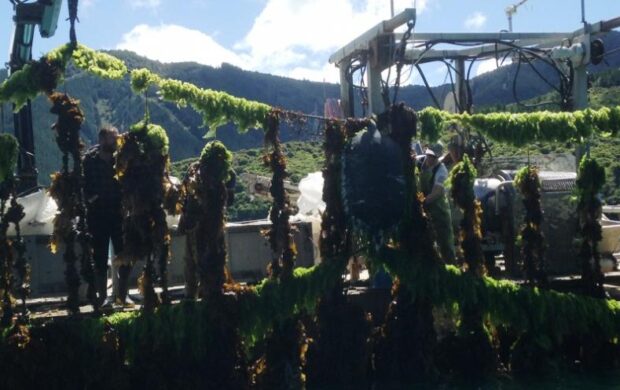Fifteen (unnamed) parties have joined the Bio-based Industries Consortium to work towards “The circular-bio society in 2050”: an effort to establish a sustainable and competitive bio-based industry in the EU.
They describe their vision of a circular bio-society as “informed citizens living sustainable and supporting an economy that couples economic growth with societal well-being and respect for the environment”. Through bioeconomic education across Europe and deploying lifelong learning facilities and training within industry, government, and society the collaboration aims to achieve a circular bio-society and meet four key goals:
1. Foster food security for a growing world population and meet its demand for sustainable products
2. Contribute to a sustainable planet
3. Create jobs and growth in the circular bioeconomy
4. Achieve a circular bioeconomic society
The Bio-based Industries Consortium is a public-private partnership established in 2013. Its 200 members include 40 large companies and 160 SMEs, the website claims.











